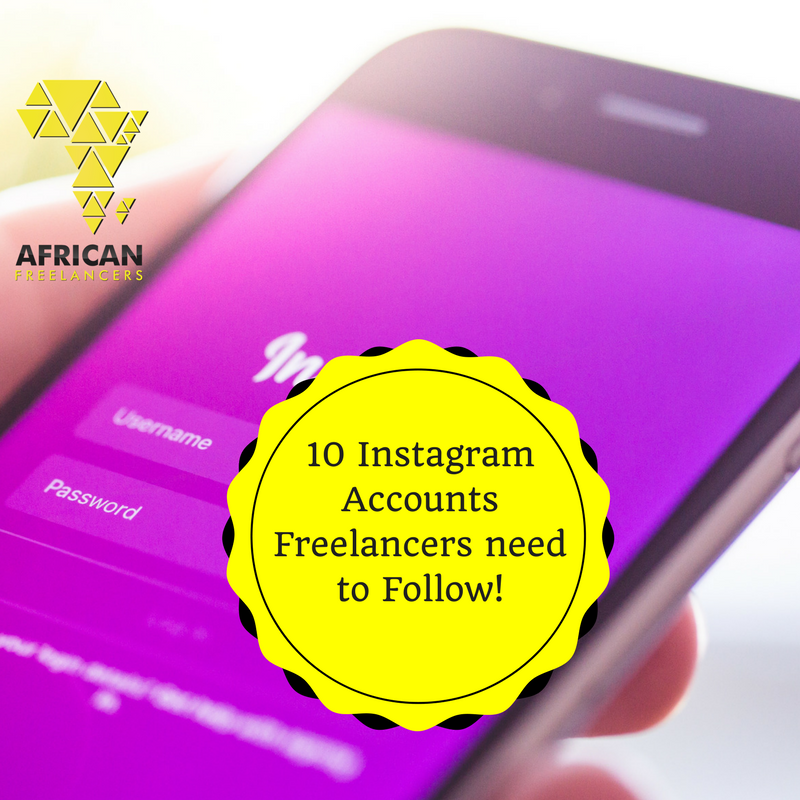Generalists often struggle to stand out because their skills, while broad, don’t signal clear value to specific clients. Trying to appeal to “everyone” usually means attracting no one. Niching down means focusing your freelance services on a particular audience, industry, or skill set. It’s a powerful strategy to build credibility, attract higher-paying clients, and grow your business with more clarity and consistency. Instead of constantly chasing gigs, you position yourself as the go-to expert in a space that values what you offer.
Competing on global platforms or even locally can feel overwhelming without a clear edge. In this article, we’ll break down why niching down matters and walk you through how to do it right as an African freelancer.
What Is Niching Down in Freelancing?
Niching down in freelancing simply means narrowing your focus to serve a specific type of client, offer a specialized service, or work within a particular industry. Instead of offering “writing,” for example, you might offer SEO blog writing for fintech startups. Instead of being a general graphic designer, you could become a brand designer for African beauty brands. Niching down is about doing what you do best for the right audience.
There are three common ways freelancers can niche down:
- By focusing on one type of skill or deliverable.
- By Industry or Audience
- By Outcome or Goal
Niching down doesn’t mean you can never take work outside your niche. It just means your marketing, branding, and long-term growth are focused on a space where you can become known, trusted, and in demand.
Why Niching Down Matters (Especially for African Freelancers)
Niching down isn’t just a marketing trend. It’s a survival strategy for freelancers who want to earn more, work with better clients, and build long-term careers. It’s even more powerful because it helps cut through the noise and overcome barriers that often come with competing in a global market.
Here’s why it matters:
1. You Stand Out in a Crowded Market
Freelancing platforms and job boards are flooded with talented professionals. When you niche down, you stop competing on generic terms and start attracting attention for your specific expertise. Clients looking for “a copywriter” may scroll past your profile, but clients searching for “a copywriter for African fintech brands” will stop and pay attention.

2. You Attract High-Quality Clients
Specialists are seen as experts, and experts attract clients who are more serious, respectful, and willing to pay well. Instead of working with clients who are price-shopping, you’ll deal with those who value results and are willing to invest in your skills.
3. You Can Charge More
When clients see you as someone with deep expertise in their industry or business model, they expect to pay more. Your value goes beyond deliverables. You’re bringing insight, efficiency, and real solutions. This gives you the confidence to raise your rates and the leverage to negotiate better deals.
4. Your Marketing Becomes Easier
Once you know who you serve and what you do best, it’s easier to craft your message, build a portfolio, and even find where your ideal clients hang out online. You’ll waste less time pitching to the wrong people and more time building a reputation in the right spaces.
5. You Build Authority Faster
Writing blog posts, sharing case studies, or even networking in your niche helps you build a name for yourself much faster than if you were bouncing around from project to project. As your authority grows, so do referrals, testimonials, and long-term opportunities.
6. For African Freelancers, It Levels the Playing Field
Let’s be honest! African freelancers often face biases, underpricing, and skepticism, especially on global platforms. But when you show up with niche clarity, industry knowledge, and proven results, you shift the conversation. You’re not just “a freelancer from Africa”. You’re “the expert in X who happens to be African.” That positioning makes all the difference.
How to Choose the Right Freelancing Niche
Finding the right niche is a process and not something you need to figure out overnight. It involves aligning your skills, interests, and market demand. Below are practical steps to help you choose a freelancing niche that fits you and the market.
Step 1: Start with Self-Assessment
Take a deep, honest look at your current skills and experiences:
- What services do you enjoy offering the most?
- What kinds of projects have brought you the best results or feedback?
- Are there industries or topics you’re naturally curious or passionate about?
Example: If you enjoy researching and writing and have a background in law, you might explore a niche like legal content writing for African law firms or legal tech startups.
Step 2: Look at Market Demand
Just because you enjoy something doesn’t mean there’s a market for it. Research where demand exists:
- Browse freelance job boards (like Upwork, Fiverr, Toptal, PeoplePerHour)
- Check LinkedIn job posts or freelance groups
- Explore platforms like Clutch or Behance for client trends
Look out for niches with repeat demand and clients who have budgets. Pay attention to industries that are growing like fintech, e-commerce, edtech, and travel.
Step 3: Evaluate the Competition
Check who else is offering what you’re interested in. Healthy competition is a good sign but look for ways to stand out:
- Can you offer the service with an African perspective or regional expertise?
- Can you position yourself with a unique style, voice, or process?
- Are others ignoring a particular client segment you can serve?
Remember: Don’t aim to be the “only one”, aim to be the “best fit” for a certain type of client.
Step 4: Test and Validate Your Niche
You don’t need to commit fully right away. Start by experimenting:
- Update your portfolio to reflect the niche
- Pitch to 3–5 potential clients in that niche
- Create niche-related content (e.g., blog posts, LinkedIn updates, social media content)
Track what works. If clients respond well, if you enjoy the work, and if the money makes sense, you’ve found a strong niche.
Conclusion
The real power lies not in doing everything, but in doing something with depth, clarity, and intention. Niching down is how you stop blending in and start standing out. It helps you attract better clients, charge what you’re worth, and build a reputation that opens doors.
So take the time to define your freelancing niche. Experiment. Learn what works. And most importantly, don’t be afraid to go deep. The more focused your offer, the more powerful your freelancing journey will become.
Want more tips like this? Keep exploring AfricanFreelancers.com and join our growing community of focused, ambitious freelancers building real careers—one niche at a time.




